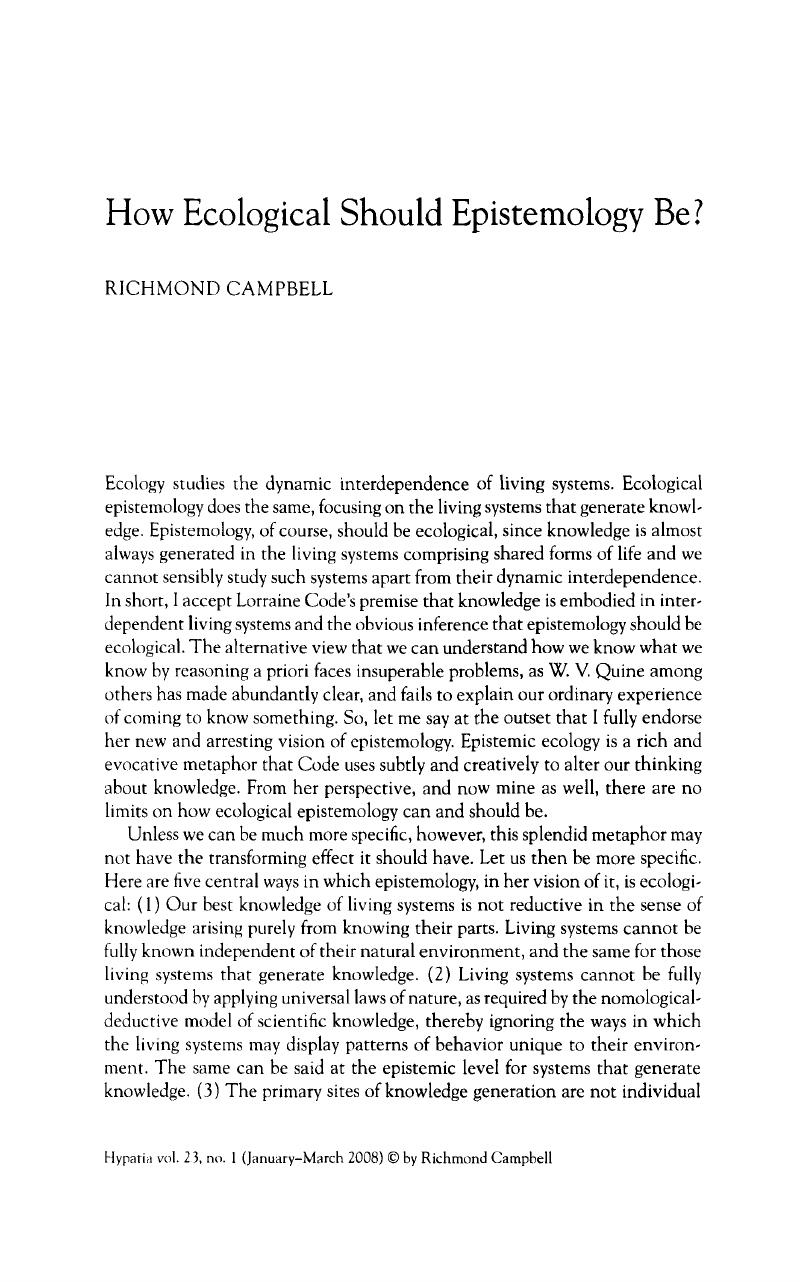Crossref Citations
This article has been cited by the following publications. This list is generated based on data provided by Crossref.
Riera, Rodrigo
Rodríguez, Ricardo A.
Herrera, Ada M.
Delgado, Juan D.
and
Fath, Brian D.
2018.
Endorheic currents in ecology: an example of the effects from scientific specialization and interdisciplinary isolation.
Interdisciplinary Science Reviews,
Vol. 43,
Issue. 2,
p.
175.
Rodríguez, Ricardo A.
Duncan, Janelle M.
Delgado, Juan D.
Vanni, Michael J.
Riera, Rodrigo
and
González, María J.
2018.
Additional empirical evidence on the intrinsic trend to stationarity in the long run and the nested relationship between abiotic, biotic and anthropogenic factors starting from the organic biophysics of ecosystems (OBEC).
Ecological Modelling,
Vol. 383,
Issue. ,
p.
23.



